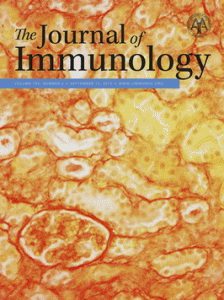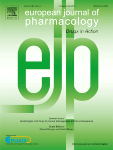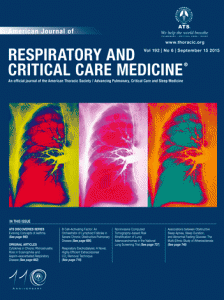 The BMJ has issued two “clarifications” to an investigation it published last week that questioned whether the new U.S. dietary guidelines were evidence-based.
The BMJ has issued two “clarifications” to an investigation it published last week that questioned whether the new U.S. dietary guidelines were evidence-based.
The article criticized several aspects of the new dietary guidelines, such as “deleting meat from the list of foods recommended as part of its healthy diets” — without, according to author Nina Teicholz, reviewing the scientific literature on meat. However, according to the clarification, that sentence should have specified “lean” meats.
After The BMJ‘s article appeared, an analysis on The Verge questioned whether Teicholz was guided by her own opinions. She’s the author of a book The Big Fat Surprise: Why Butter, Meat and Cheese Belong in a Healthy Diet. The Dietary Guidelines Advisory Committee also posted a lengthy “rapid response” — The BMJ‘s refined version of a comment section — to Teicholz’s article, saying it “strongly disagrees with many of the statements represented as facts.”
This afternoon, Rebecca Coombes, head of investigations and features at The BMJ, posted a response: Continue reading Following criticism, BMJ “clarifies” dietary guidelines investigation
 Three authors have been banned from journals published by IGM Publication, including the Journal of Medical Science and Clinical Research.
Three authors have been banned from journals published by IGM Publication, including the Journal of Medical Science and Clinical Research. All but one of the authors of a
All but one of the authors of a 






